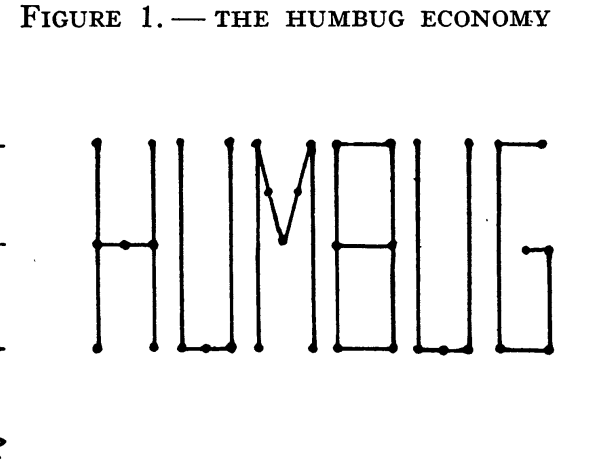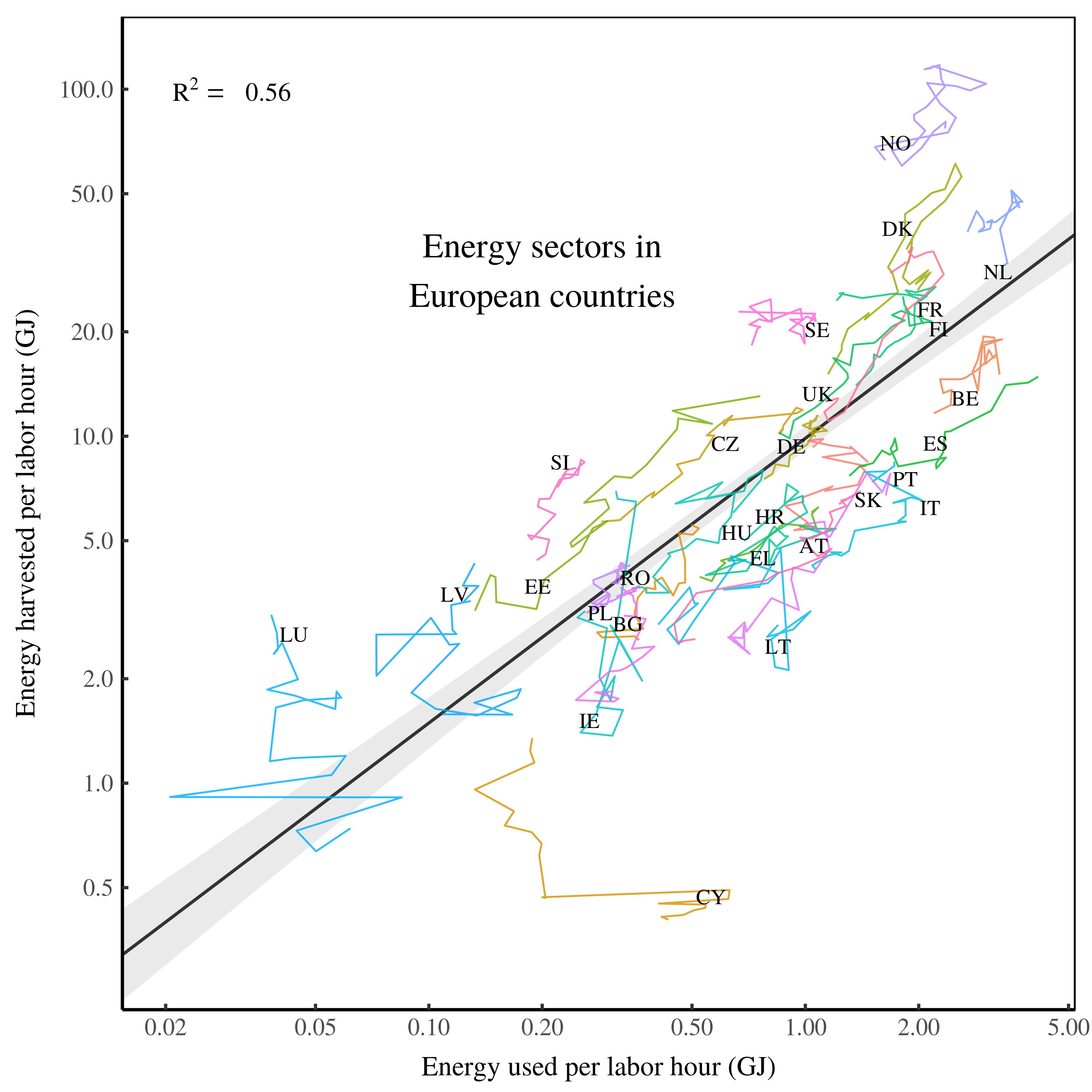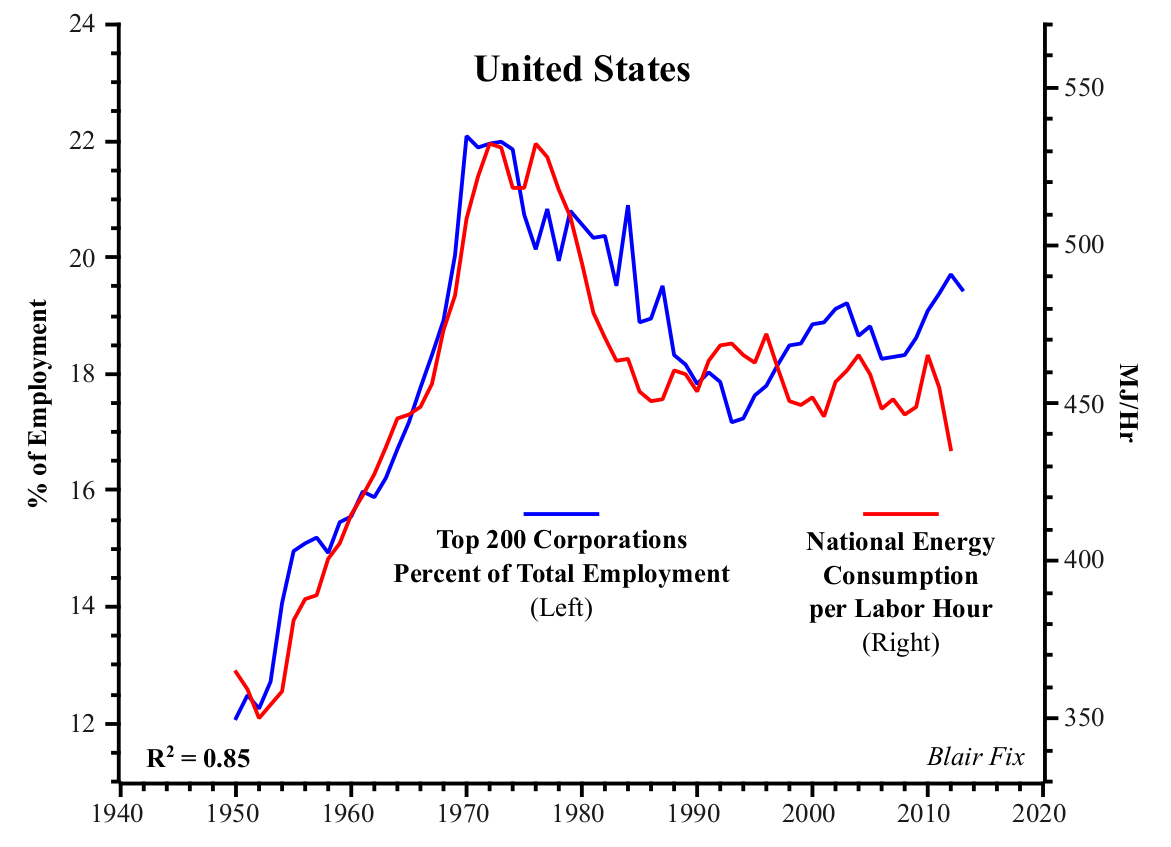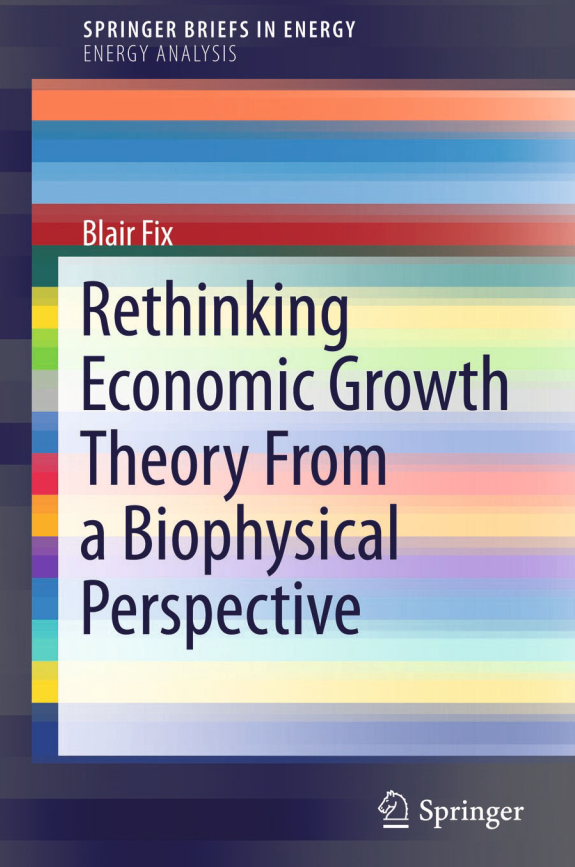Originally published on Economics from the Top Down Blair Fix If it is very easy to substitute other factors for natural resources, then there is in principle no “problem”. The world can, in effect, get along without natural resources. — Robert Solow, 1974 In the distant future, aliens come to Earth. They find a planet […]
Continue ReadingEconomic Growth Theory … Bah Humbug!
Originally published on Economics from the Top Down Blair Fix I’ve written a lot on this blog about the absurdity of marginal productivity theory. But I haven’t said much about the other pillar of mainstream economics: neoclassical growth theory. Today I’ll break that silence. Neoclassical growth theory is a textbook example of Murphy’s law. Everything […]
Continue Reading2020/05: Fix, ‘Can the World Get Along Without Natural Resources?’
Abstract Neoclassical economists fundamentally misunderstand the role of natural resources in the economy. I discuss here the source of this misunderstanding, and the ways we can better understand the role of energy to human societies. Citation Can the World Get Along Without Natural Resources? Fix, Blair. (2020). Working Papers on Capital as Power. No. 2020/05. […]
Continue ReadingPutting Power Back into Growth Theory
Putting Power Back Into Growth Theory BLAIR FIX June 2015 Abstract Neoclassical growth theory assumes that economic growth is an atomistic process in which changes in distribution play no role. Unfortunately, when this assumption is tested against real-world evidence, it is systematically violated. This paper argues that a reality-based growth theory must reject neoclassical principles […]
Continue ReadingFix, ‘Putting Power Back Into Growth Theory’
Abstract Neoclassical growth theory assumes that economic growth is an atomistic process in which changes in distribution play no role. Unfortunately, when this assumption is tested against real-world evidence, it is systematically violated. This paper argues that a reality-based growth theory must reject neoclassical principles in favour of a power-centered approach. Building on Nitzan and […]
Continue ReadingNo. 2014/05: Fix, ‘Putting Power Back Into Growth Theory’
Abstract Neoclassical growth theory assumes that economic growth is an atomistic process in which changes in distribution play no role. Unfortunately, when this assumption is tested against real-world evidence, it is systematically violated. This paper argues that a reality-based growth theory must reject neoclassical principles in favour of a power-centered approach. Building on Nitzan and […]
Continue ReadingFix, ‘Rethinking Economic Growth Theory From a Biophysical Perspective’
Abstract Neoclassical growth theory is the dominant perspective for explaining economic growth. At its core are four implicit assumptions: 1) economic output can become decoupled from energy consumption; 2) economic distribution is unrelated to growth; 3) large institutions are not important for growth; and 4) labor force structure is not important for growth. Drawing on […]
Continue Reading






